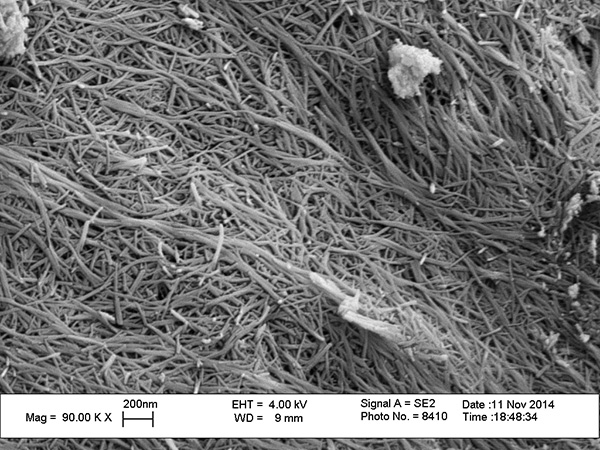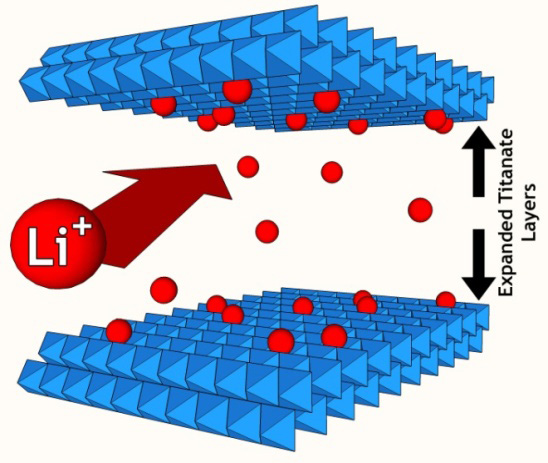With the development of technology, the demand of energy increases day by day. However this increasing demand brought issues for storing energy efficiently. Nowadays it is expected from energy storing systems to be less harmful for the environment, to be cheaper, to be able to store more energy and to be lighter. Since lithium-ion batteries meet these requirements very well, they are used in many electronic devices and get started to be used in electric vehicles. Nevertheless electric and hybrid vehicles need batteries that can operate at high temperatures, having high energy capacities and maintain its capacity at high currents.
Lithium-ion batteries for vehicles in usage show low performance at high temperature and their energy capacities drops very fast when high currents are needed. In addition to that rechargeable batteries lose their capacities quickly with usage. For these reasons, researches that will be done on that subject are quite important.
In this project, temperature resistant nano structured titanate (H2Ti3O7) electrodes with a novel approach. This approach may change the way Li-ion battery materials are synthesized. Electrode materials with high energy capacities but more importantly the materials keep their high energy capacity for a long period of time, have been developed. For that purpose titanium dioxide (TiO2), which is a cheap raw material, is converted to high capacity materials like nanotubes. These nanotubes have a multilayered structure. The key idea here is to expand these layers.

